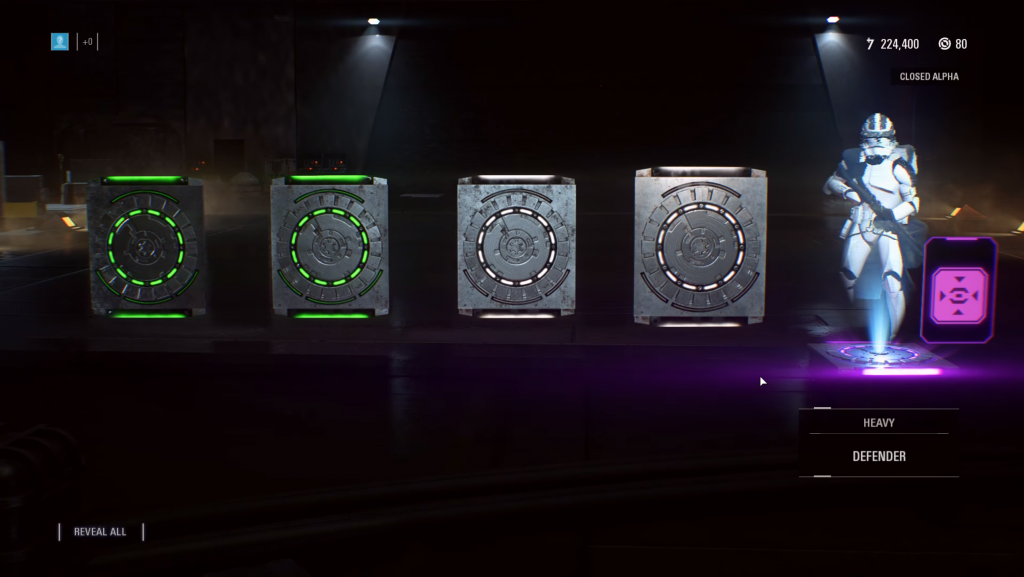Hawaii representative Chris Lee has made some progress on his crusade against loot boxes, originally vilifying EA’s Star Wars Battlefront II as a ‘Star Wars-themed online casino’ because of the practice. The legislator has now proposed four new bills in hopes of prompting transparency in the gaming industry as well as an age restriction on games housing loot crates.
House Bill 2727 and Senate Bill 3025 would push the disclosure of probability drop rates as a legal requirement, according to the Hawaii Tribune Herald, alongside prominently labeling titles that contain purchasable items such as microtransactions and loot crates.
While we haven’t seen any company adopt a style of box art that would make these practices known, it is relatively common for digital services to list when a game includes purchases in the form of DLC. Similarly, some companies have chosen to publicly display their drop rates, a move that is often praised by communities and fans across the board.
House Bill 2686 and Senate Bill 3024, however, would place an age restriction on any title deemed to contain electronic gambling systems. This renders it “unlawful for any retailer to sell to any person under twenty-one years of age a video game that contains a system of further purchasing,” such as “a randomized reward or rewards; or a virtual item which can be redeemed to directly or indirectly receive a randomized reward or rewards.”
Twenty-one is the same age as the state’s current minimum age to gamble, and considering Lee strongly feels that the randomisation of loot boxes falls under such a definition, it’s no surprise that he’s pushing for the change.
“I grew up playing games my whole life,” says Lee, as reported by the Tribune Herald. “I’ve watched firsthand the evolution of the industry from one that seeks to create new things to one that’s begun to exploit people, especially children, to maximise profit.
“It’s a $30 billion industry. It’s bigger than Hollywood. It’s an industry that can reach into everyone’s pockets and phones and consoles and PCs, but there’s no authority to force them to disclose their practices,” concludes Lee. “If enough of the market reacts, the industry would have to respond and change its practices.”
KitGuru Says: Even if someone has to step in to keep publishers and developer in check, government intervention is rarely what the public wants in such matters. It’s unclear how this will affect the US' ESRB ratings, if it does at all but it will certainly snowball on impact as 2018 continues to unfold. Do you feel that these are suitable preventative measures?
 KitGuru KitGuru.net – Tech News | Hardware News | Hardware Reviews | IOS | Mobile | Gaming | Graphics Cards
KitGuru KitGuru.net – Tech News | Hardware News | Hardware Reviews | IOS | Mobile | Gaming | Graphics Cards



